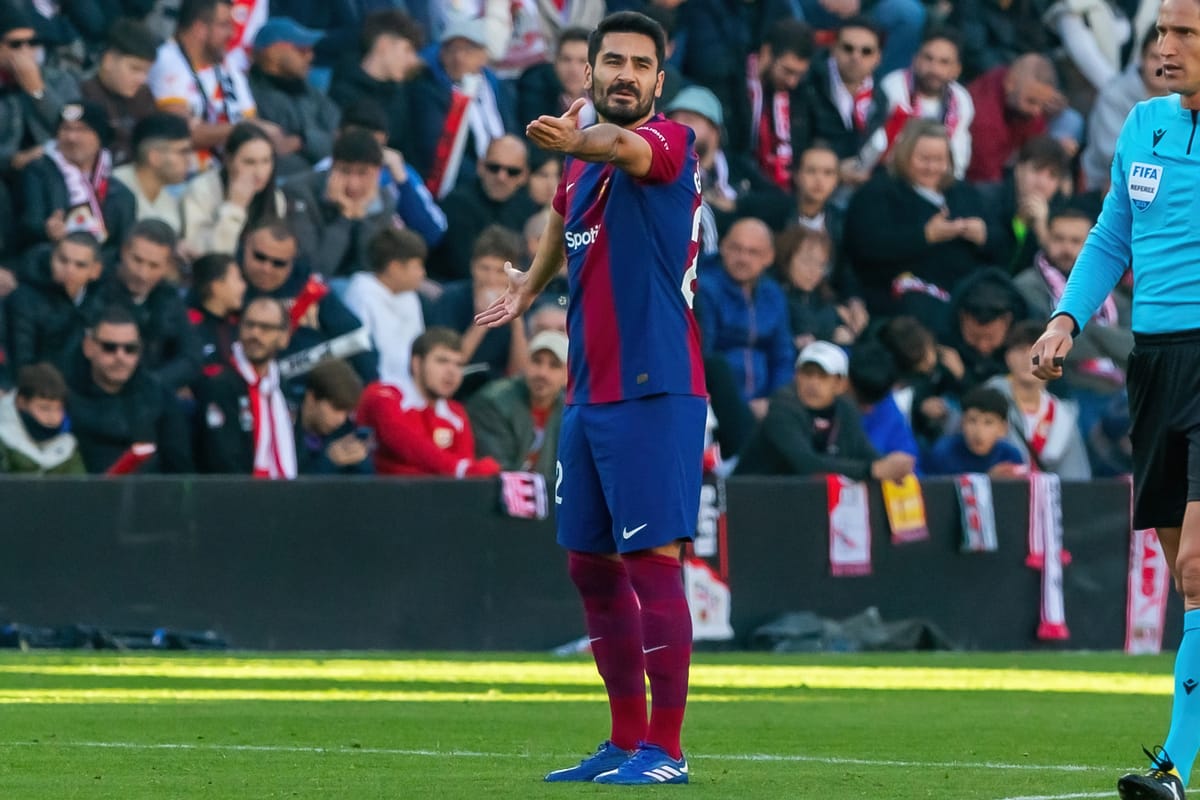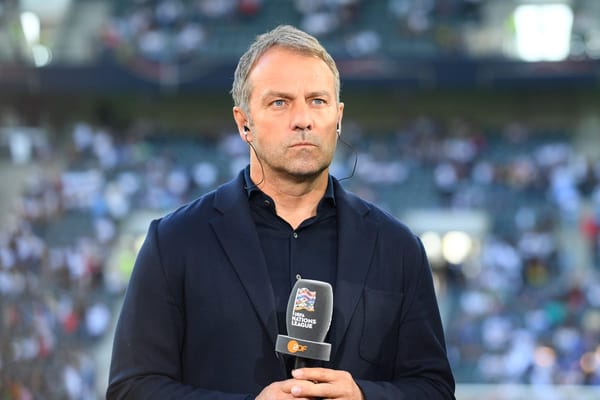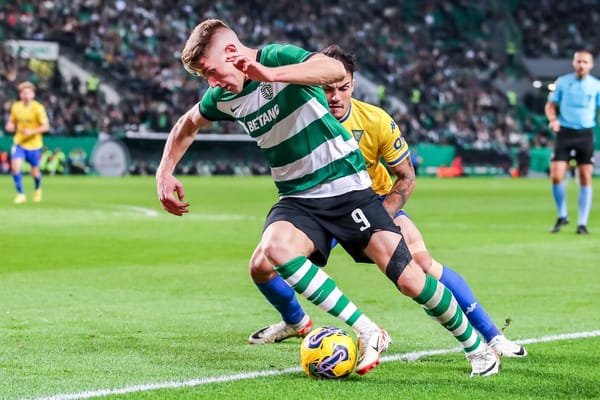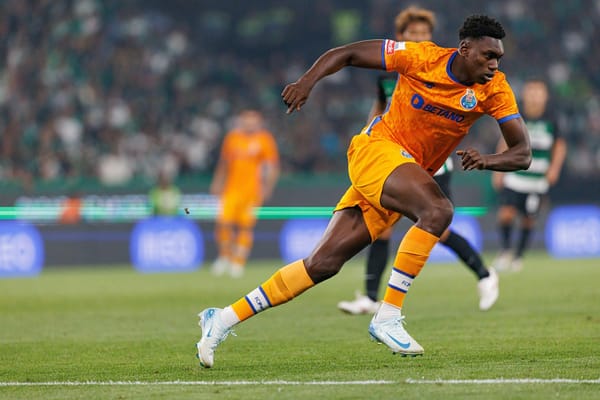As long as Barça compromise on who they want (and need) to be, they will suffer
Barcelona need to stay true to their game model. Tweaks are necessary for every single opponent but the underlying principles, philosophy and intent must remain the same.

Game models are crucial in football. What would you say if someone who never saw Xavi’s Barcelona asked you to describe his team? If you can confidently and concisely answer that question, there’s a clear game model in place at the Camp Nou. Personally, however, I find it difficult to give a clear response.
We all know what Barcelona are meant to look like but Barcelona don’t always look like it. Not anywhere near it, in fact. The sheer discrepancy between those two versions of the same team - one fluid, compact and positional and the other disjointed, panicky and (too vertical) - is monumental. And the fact they are one and the same, often within the 90 minutes of a single match, is scary. It’s scary because it signals a lack of a clear game model. Or rather, it’s scary because the players are yet to adopt a clear model. Or even worse, it’s scary because Xavi can’t properly implement or coach a clear game model.
The 4-0 defeat against Real Madrid in the heart of Catalonia was horrible. But even worse was the total surrender of principles in the second half of the game, especially considering how dominant the first 45 minutes were. The first half of tonight’s game was perhaps one of Barcelona’s best, if not the very best, halves of football this season. Why? Simple.
Just as they did in their most recent victory over Los Blancos, Barcelona completely dominated the game: the team was compact in and out of possession, they were connecting thirds almost effortlessly, progressing the ball cleanly and ultimately, despite the lack of goals, they also successfully identified and exploited Real’s weaknesses. Another big aspect was the control of the tempo.
Yes, their attacks were still rapid and at times, they indeed felt rushed. But not to the extent they usually do. Usually, Barcelona would immediately go long and go forward as soon as the ball reached their wide areas. Now, however, we actually saw their players stop the ball, breathe, look around and reset the attack. There was no rush to score as the result was, at that time, in their favour.
And the best thing is, there were even instances where it felt like Barcelona were toying with Real; their passing felt effortless and retention was at an incredibly (or even surprisingly) high level. For all their faults of verticality, disjointed nature or impatience, the Barcelona of that first half was exactly the Barcelona we want to see. It was a Barcelona following the game model that’s deeply ingrained in their philosophy. But then, the goal happened.
There’s a very fine line between Barcelona winning this game and Barcelona losing it the way they did - suffering their worst defeat in a Clasico at the Camp Nou in 60 years. The match may have ended with the final whistle but psychologically, it was over in the 46th minute when Robert Lewandowski didn’t convert that chance, when Marcos Alonso failed to make that crucial tactical foul and when Jules Kounde was unlucky in attempting a remarkable goal-line clearance. The mental toll that sequence of events has, especially after phenomenal 40-odd minutes of liquid football, is monumental. But it’s also not an excuse.
What followed may have been the result of the quality (or lack thereof), of external circumstances, dubious refereeing or just rotten misfortune. But none of it should also result in the abandonment of the game model to the extent we saw last night. With that goal, gone was the clarity of ideas. Gone was the implementation of principles. Gone was the composure in the execution. And, ultimately, with that goal, gone was the Barcelona we wanted to see.
Once the game model was no more and Xavi’s team mentally retreated to the panicky version of themselves, there was no coming back. And yes, looking at that starting XI, it’s painfully obvious it leaves a lot to be desired. Which is a huge understatement in itself. But the principles must always remain regardless of the personnel and the first half proved just that. However, tonight, Barcelona were only ever going to win if they were more than just the sum of their parts. As individuals, they were less than remarkable. But as a collective guided by a clear game model, they were a team who dominated Real Madrid for almost the entirety of the first half. The difference, again, is colossal.
That hurts because the former team deserved to win this game while the latter was deservingly overrun. And again, they are one and the same side; entirely identical but painfully different at once. We jokingly talk about Ousmane Dembele having an evil, inconsistent and generally far more unremarkable twin brother. But is it also time to address and wave goodbye to Barcelona’s impatient, disorganised and overly vertical diabolical twin sister? The answer is obvious. As are the means of getting there.
Barcelona need to stay true to their game model because their game model is their ticket to victory. And I don’t mean being stubbornly the same every week. No. Tweaks are necessary for every single opponent they face along the way. But the underlying principles, philosophy and intent must remain the same.
As long as Barcelona compromise on those aspects, they will suffer. So Xavi knows what the next step is.
What remains is executing it. Hopefully sooner rather than later.




